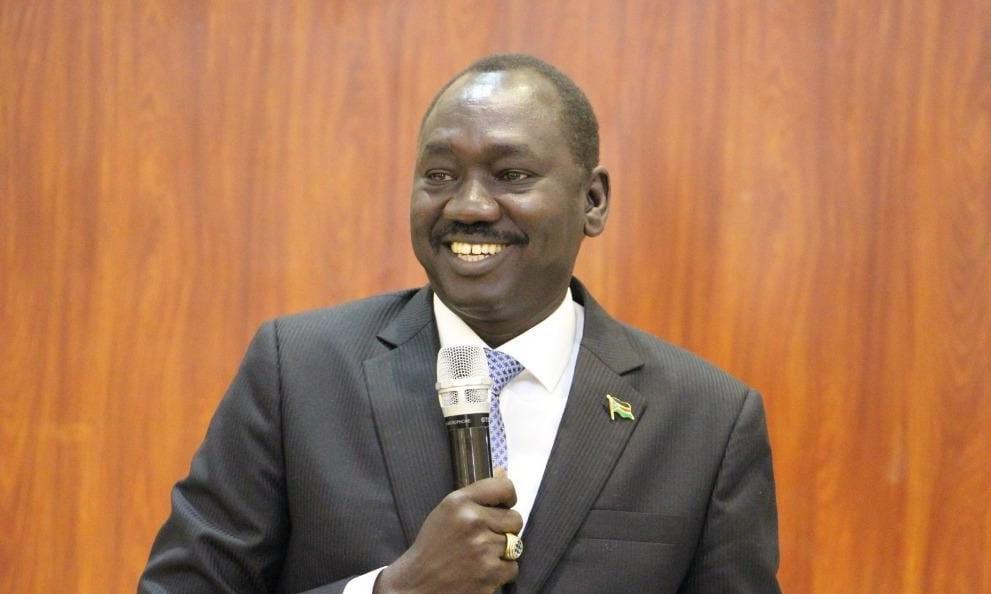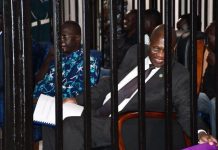Africa-Press – South-Sudan. The Minister of Investment said the institution is developing a five-year strategic plan to transition South Sudan from a consuming to an exporting economy.
Speaking at the conclusion of a two-day workshop on the country’s investment policy, Dr. Dhieu Mathok said the strategic plan, which will run from 2025 to 2030, is aimed at changing South Sudan’s economic model from consumption-based to production-driven.
Mathok said this will be achieved by promoting industries that can produce and export goods and services, thereby reducing the heavy reliance on imports.
“We are going to make a strategic plan of five years; that is from 2025 and 2030. We will identify the key indicators that we are going to work on,” Mathok said on state-owned television SSBC.
“We want to change the narrative of the balanced trade, for the interests of the export is a consumption. South Sudan is a consuming country. We need to change this narrative so that we have a production that we could be able to sell.”
On his part, Vice President Dr. James Wani Igga highlighted the importance of creating a favourable environment to attract investments, which he said is vital for the country’s economic growth and development.
“In South Sudan, objectives of investment policy formulation must entail creating a solid approach for case investment, encouraging investment in a prioritized sector, and maximizing the benefits and minimizing costs.”
“This is the aim of every investment and of course, associated with investment for the domestic economy and third party stakeholders such as the local communities or societies,” said Igga, the head of the government’s economic cluster.
South Sudan exports mainly oil, while importing substantial amounts of food and manufactured products from the region and beyond.
But Juba is currently struggling with a dire inflation after the Sudan war damaged pipelines exporting its chief crude oil to the international market, depriving the country of its crucial revenue generator.
This has left the pound currency drastically weakened against the US dollar and civil servants and members of the organized forces have not been paid for nearly 10 months.
According to the US development agency USAID, widespread corruption and an absence of political will to use public resources for public good significantly hinder South Sudan’s prospects for sustainable economic growth.
Most of South Sudan’s public revenue is spent on roads, and USAID said the South Sudanese have yet to benefit from this investment, because the country has the lowest level of rural accessibility to road networks in the world.
For More News And Analysis About South-Sudan Follow Africa-Press






